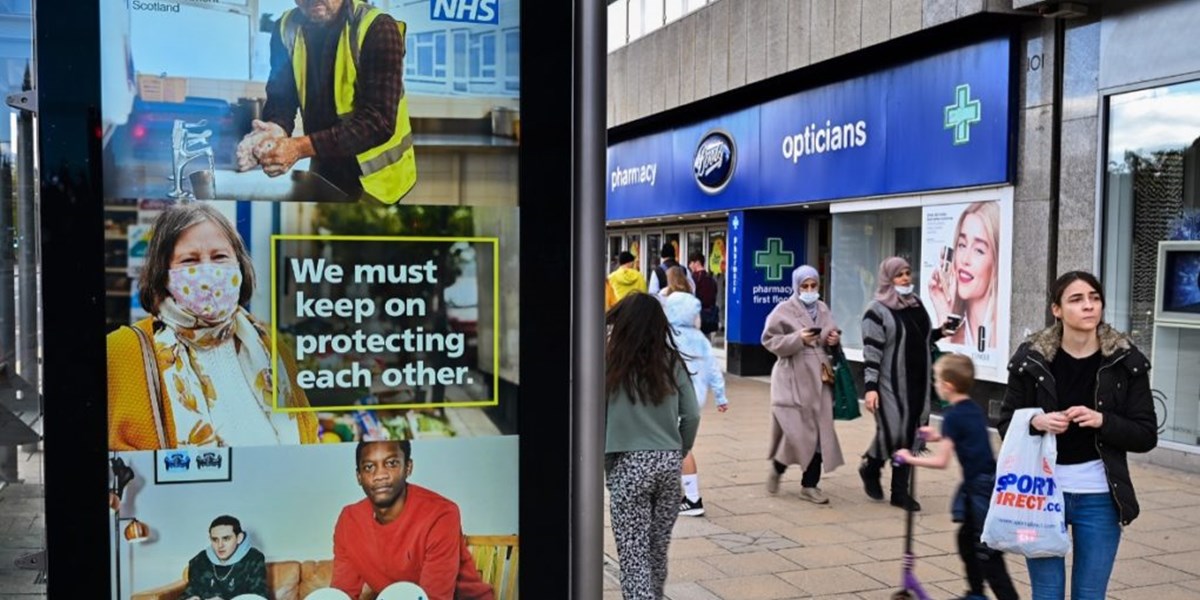Tiers for fears for commercial property?

The recent escalation in coronavirus cases in Scotland resulted in the country being placed in a new system of tiers coming into effect last Monday.
The five-level alert system, from level zero, nearly normal, to level four, lockdown, allows the government to impose different restrictions in local areas, depending on infection rates.
It is the latest attempt by the First Minister, Nicola Sturgeon, to suppress the virus. The UK government has, of course, gone further still placing England back into lockdown until December.
A question I am being asked virtually on a daily basis is: how are demand levels holding up for property? It’s one I can answer quite simply. Pretty well, considering.
Now the country is some 9 months into dealing with this dreadful pandemic there appears to be a growing acceptance that it’s here to stay, certainly until a vaccine emerges, and we have to learn to live with it.
Businesses are being forced to adapt, some just to survive, like the hospitality and leisure industry, while for others it is presenting an opportunity to change their modus operandi for the better. A streamlining of overheads allows business owners to reinvest in other areas, such as staff training or recruitment.
I currently have a large restaurant under offer with the proposed tenant of the mindset that the virus will not last forever, and nor will the restrictions. This restauranteur may be in the minority in his thinking but there’s nothing like a positive mindset at times like this. He’s right, though. This won’t last forever.
Last week, I viewed a retail premises we are marketing in Portobello High Street with a business which has done exceptionally well during lockdown. As a result, they have chosen to expand and acquire a second outlet confident that what they have to offer will be well received.
In August, we let a 1,500 sq ft retail unit in Peebles to the home furniture business Time and Tide for virtually the same reason. Already an existing occupier in the town, our client’s premises afforded this tenant a more prominent and larger high street location.
In general, however, the retail sector doesn’t have its troubles to seek. Its recent travails have only been exacerbated by the impact of coronavirus leading to a swathe of administrations. There’s a creeping uptick in high street vacancy especially where office workers are being sucked out of city centres to work remotely.
But a beacon of light for landlords, not just in retail but also other sectors of the property industry, perhaps, is the many thousands of new businesses being formed across the UK. According to Companies House, more than 75,000 new enterprises were formed in the last quarter, a rise of 25,000 on the same period last year. It’s thought many of these are as a result of people who have been made redundant or placed on furlough. For commercial property owners these companies are the new tenants of tomorrow.
And with last week’s announcement by the chancellor that his mass job retention scheme has been extended until the end of March 2021, there’s every chance many more will take the opportunity to set up on their own.

Share